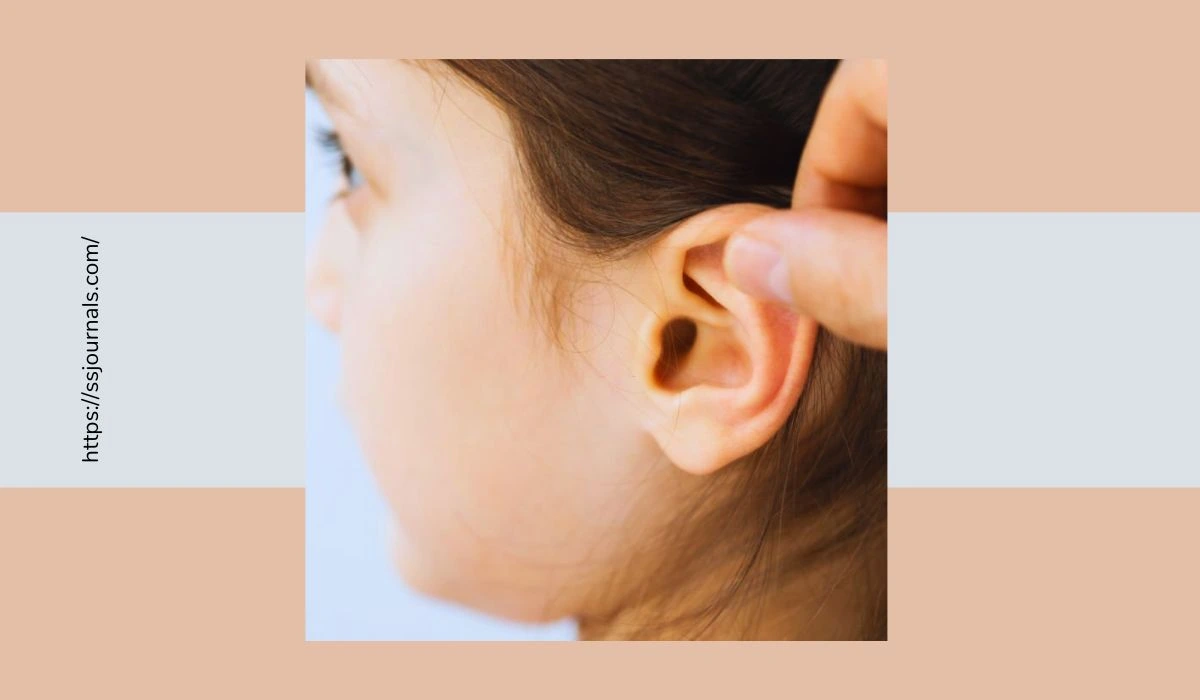A person may encounter different types of ear problems. Common allergies often cause these ear infections. An individual may be allergic to dust, dirt, grains, and food.
The most common symptoms of allergies include congestion, inflammation, blockage of nasal cavities and sinuses.
All of these symptoms tend to complicate the ear problems. They may give rise to ear pain and discomfort in the ear. Through a detailed discussion, let us explore the scientific link between allergies and ear problems.
How Do Allergies Trigger Ear Problems?
Allergies disrupt the functioning of the body. It forces the body to release chemicals such as histamine. It builds up fluid and increases the thickness of the mucus lining.

This chemical irritates the nose, eyes, and throat as the mucus blocks these cavities. The thickened fluid exerts pressure over the feeble ear walls, causing pain and affecting the ear canals.
There are three ways through which allergies complicate Ear problems:
- The accumulation of mucus and fluid behind the ear drum.
- Exposure to harmful bacteria and viruses causes ear infections.
- The collapse of nerves due to excessive pressure of the mucus.
Mucus Behind The Eardrum
Allergies leave a great impact on the Eustachian tube. The middle ear and the throat are joined by this canal. However, allergies may lead to swelling in this tube and can even block its way with mucus.
As a result, it becomes practically impossible to drain the excessive fluid collected in the middle ear. This fluid gets deposited behind the ear drum. It may result in excessive pain and even reduce hearing sensation in some people.
Ear Infections
The deposition of fluid near the eardrum is very risky. The fluid comprises mucus which becomes the breeding ground of viruses and bacteria. They end up causing infections in the ear.
The middle ear becomes swollen and red, and it also pains and results in fever and sore throat. A person may experience a feeling of fullness or even crackling sounds in the middle ear.
Collapse Of Nerves
The mucus lining becomes thicker if this infection is not treated in time. The pressure exerted by the mucus on the nerves increases. As a result, these nerves tend to collapse.
The nerves that make the ear canal inside are very delicate and feeble. This results in excessive bleeding and partial hearing impairment as well.
How To Cure These Allergies And Avoid Ear Infections?
The treatment of allergies is very important to experience relief. Allergies take time to cure. However, it is also advisable to take the treatment as soon as possible by consulting a physician.
As a first step, one must know the allergens to which one is allergic. After that, finding a relevant allergist or immunologist may help to cure allergies permanently. It is always important to complete the course of treatment to get the best results.
The results can even test your patience, as it takes time to recover from allergies. Allergen immunotherapy is extremely successful in treating problems such as asthma. However, it is always important to take note of the following essentials:
- Avoid exposure to allergens.
- Intake of a balanced diet to boost metabolism and immunity.
- Undertake regular exercises.
- Visit the doctors regularly.
- Avoid exposure to chemicals.
With this, it is important to note that there is a direct link between allergies and ear infections. These ear problems may get complicated if not treated in time.
That is why it becomes important to be particular about these infections and cure them as soon as possible. This is the best way to get the desired results over some time.

